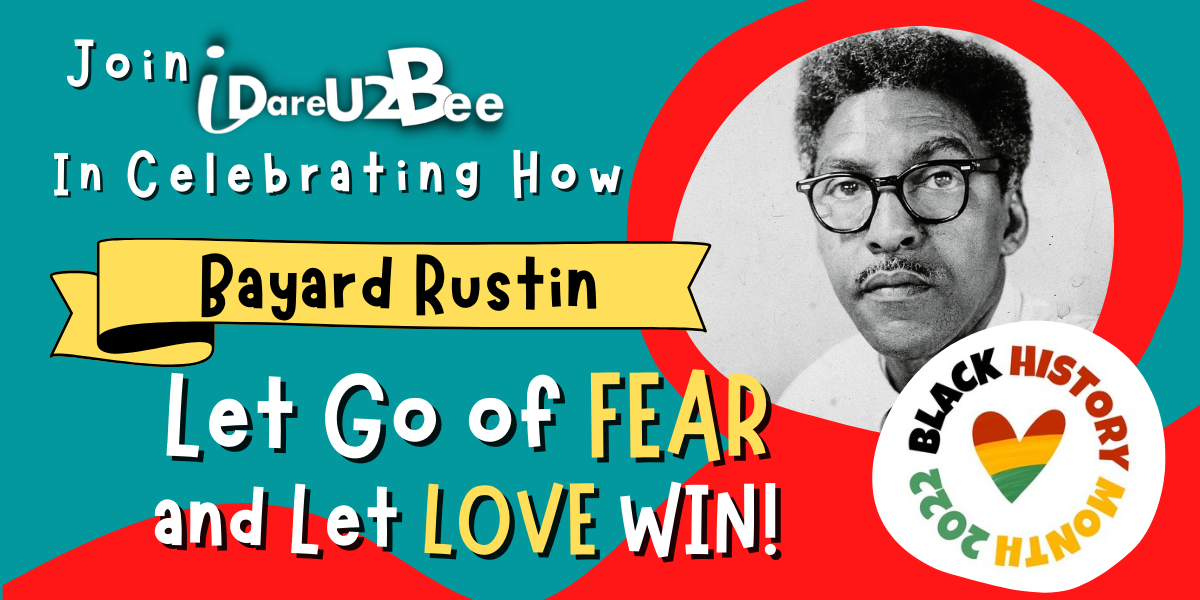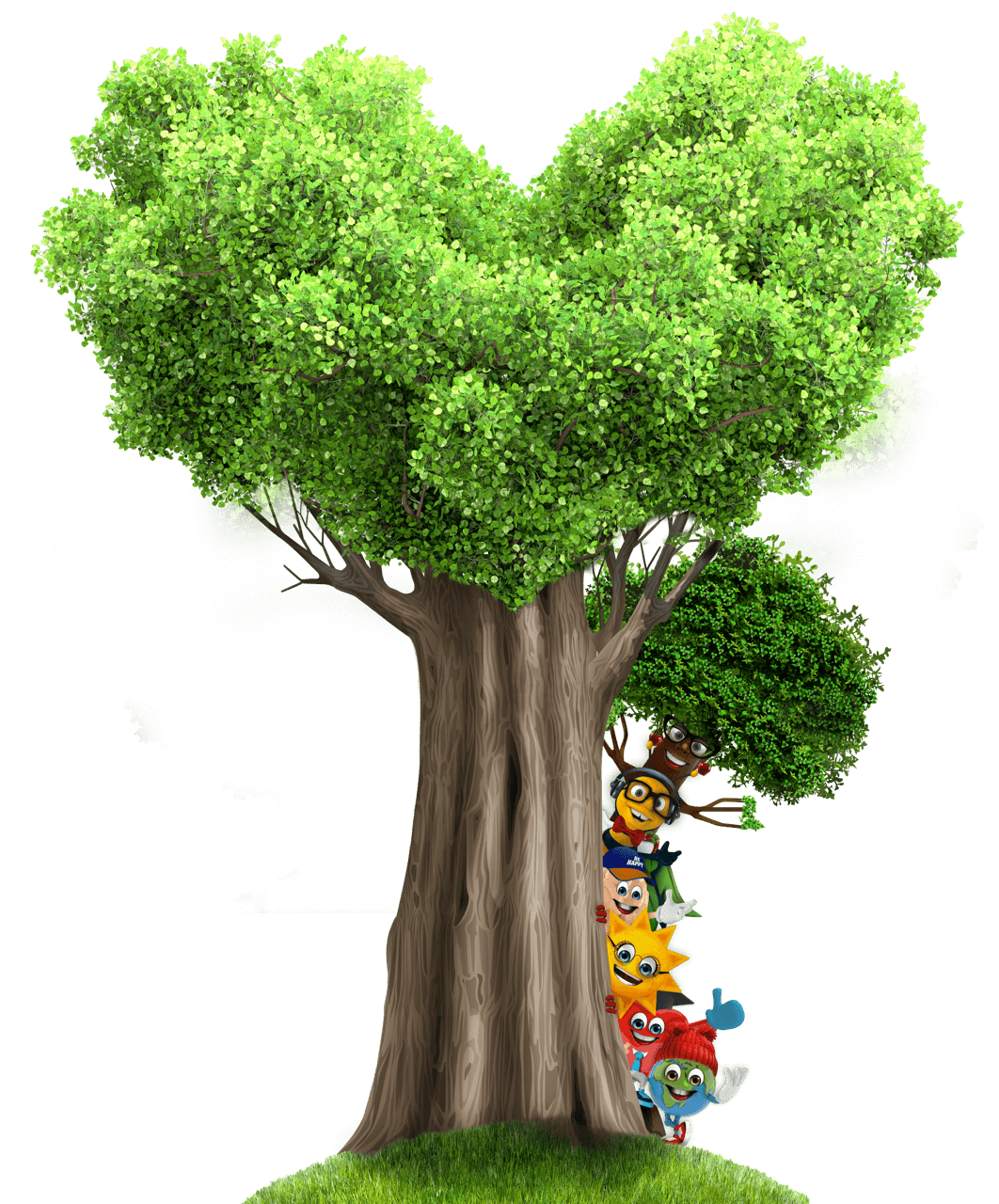Bayard Rustin (1912-1987)
As February comes to a close, we are highlighting an individual that was not only an African American hero but also a hero to the 2SLGBTQ+ community. Bayard Rustin was a civil rights leader and trusted advisor to Dr. King, all while living his truth as an openly gay man at a time when it was illegal in most states. We, at idareu2bee.com, salute the contribution of Bayard Rustin and honour his ability to let go of fear and let love win!
Bayard Rustin was born in March of 1912 in West Chester, Pennsylvania. He was raised by his grandparents Janifer and Julia Rustin. He was raised in the Quaker faith and exposed to the civil rights movement from an early age by his grandmother who was an active member of the National Association for the Advancement of Coloured People (NAACP). Bayard studied at 5 different universities and while at the City College of New York he became a youth organizer for a 1941 March on Washington for the trade unions. This started his lifelong commitment to activism. As a Quaker, he believed in nonviolence, and he led workshops to teach this philosophy to many organizations. In 1948, he travelled to India to study the Gandhian philosophy of nonviolence.
In 1956, Bayard met Dr. King during the Montgomery Bus Boycott in Alabama. Despite the concerns of other black leaders, Dr. King accepted Bayard’s homosexuality, recognized his depth of knowledge, creativity and skill set and made him his special assistant. Bayard taught Dr. King more about nonviolence philosophy and strategies to put it into action and encouraged Dr. King to create the Southern Christian Leadership Conference to unite southern black leaders. He was instrumental in organizing youth marches for school integration, and in 1963 he was appointed deputy director for the pivotal March on Washington for Jobs and Freedom. In just two months he was able to organize the March at which over 200,000 people participated and listened to Dr. King’s “I Have a Dream” speech.
Unfortunately, due to his homosexuality, Bayard took a step back from being at the forefront of the civil rights movement as it was a distraction to many who didn’t accept his sexuality. As a result, many people do not know his name or his contribution to the cause. Bayard continued to work toward racial equality as the president of the A. Phillip Randolph Institute in New York City and later lent his voice to the gay rights movement.
Bayard once said: “If we desire a society in which men are brothers, then we must act towards one another with brotherhood. If we can build such a society, then we would have achieved the ultimate goal of human freedom.” The sentiments of this quote hold just as true today as when he said it. His ability to stay true to himself and be authentic is what allowed him to Let Go of Fear and Let LOVE win, and we acknowledge and honour his courage and his legacy that lives on today.








